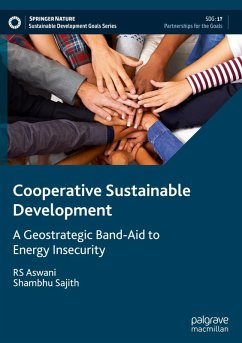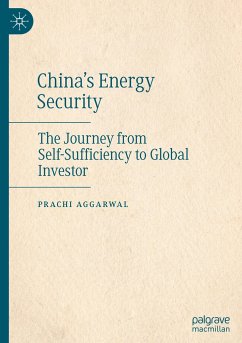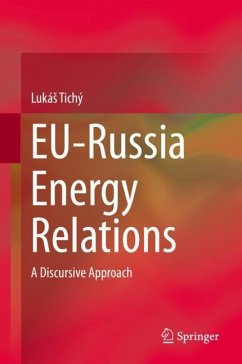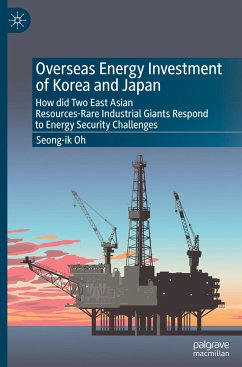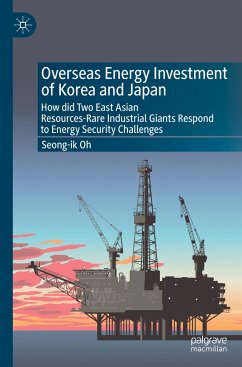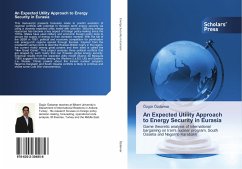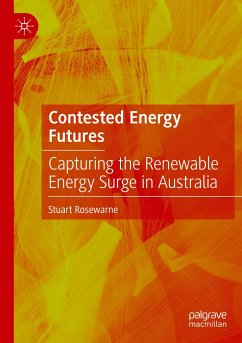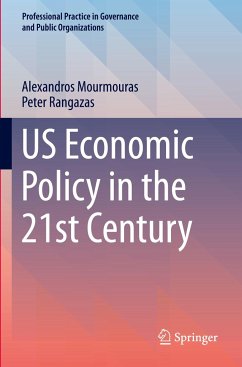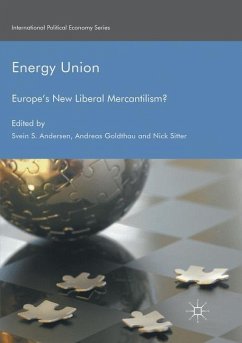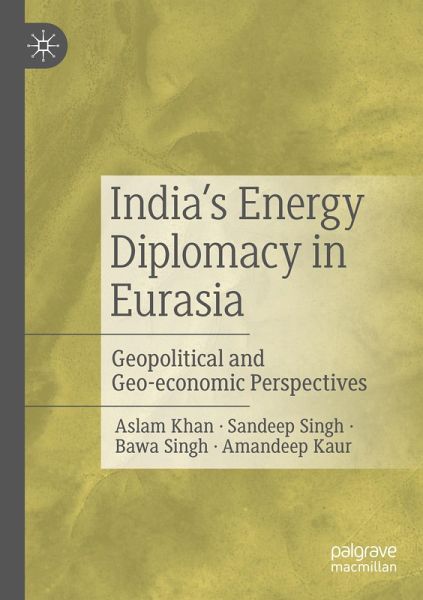
India's Energy Diplomacy in Eurasia
Geopolitical and Geo-economic Perspectives
Versandkostenfrei!
Versandfertig in 6-10 Tagen
91,99 €
inkl. MwSt.
Weitere Ausgaben:

PAYBACK Punkte
46 °P sammeln!
This book provides an accurate evaluation of re-integration of Eurasia in the context of India's energy security and diplomacy which requires a normative shift as in the current Eurasian geopolitical and geo-economic matrix, the growing role of transit countries and their proximity with the Energy Complex Zone negates the fact that great powers or strong states control the Eurasian Heartland. Authors believe that wrecking this norm is fundamental here to deconstruct the undercurrents of energy geopolitics prevailing in Eurasia over the emerging phenomenon, as it discourages the re-integration ...
This book provides an accurate evaluation of re-integration of Eurasia in the context of India's energy security and diplomacy which requires a normative shift as in the current Eurasian geopolitical and geo-economic matrix, the growing role of transit countries and their proximity with the Energy Complex Zone negates the fact that great powers or strong states control the Eurasian Heartland. Authors believe that wrecking this norm is fundamental here to deconstruct the undercurrents of energy geopolitics prevailing in Eurasia over the emerging phenomenon, as it discourages the re-integration of the Eurasian region. It explores how the geopolitical struggle between major powers for energy resources has been engendering mutual interdependencies between energy producers and transit countries.
It makes an attempt to provide a transcontinental study of Eurasian energy and connectivity as a thrust area for the present work positioning Eurasia in Indian foreign policy, determiningthe contours of energy diplomacy in connection with the Eurasian energy policy. It defines Eurasia broadly as the region that encompasses Central Asia and the Caucasus including Russia and transit countries. It addresses the geopolitical and geo-economic aspects of Eurasian re-integration in the context of India's energy security. The objective of this book is to combine theoretical, contemporary, and policy-oriented issues that deserve scholarly attention and would both complement and supplement the academic contributions.
It makes an attempt to provide a transcontinental study of Eurasian energy and connectivity as a thrust area for the present work positioning Eurasia in Indian foreign policy, determiningthe contours of energy diplomacy in connection with the Eurasian energy policy. It defines Eurasia broadly as the region that encompasses Central Asia and the Caucasus including Russia and transit countries. It addresses the geopolitical and geo-economic aspects of Eurasian re-integration in the context of India's energy security. The objective of this book is to combine theoretical, contemporary, and policy-oriented issues that deserve scholarly attention and would both complement and supplement the academic contributions.



